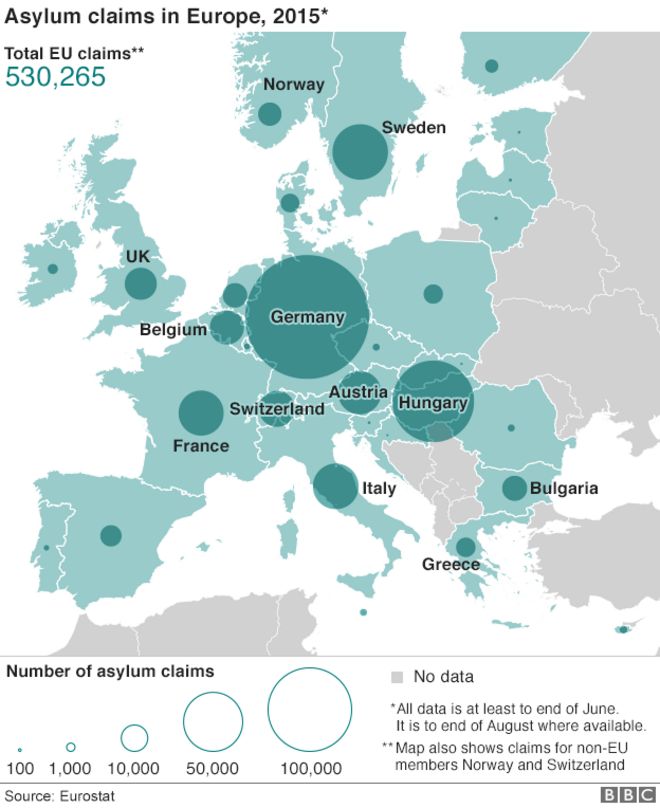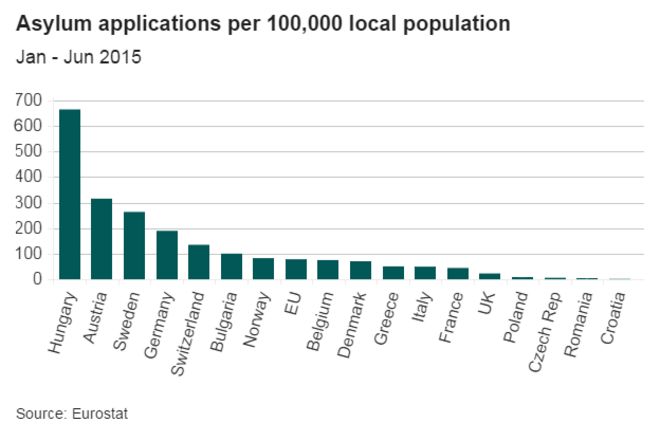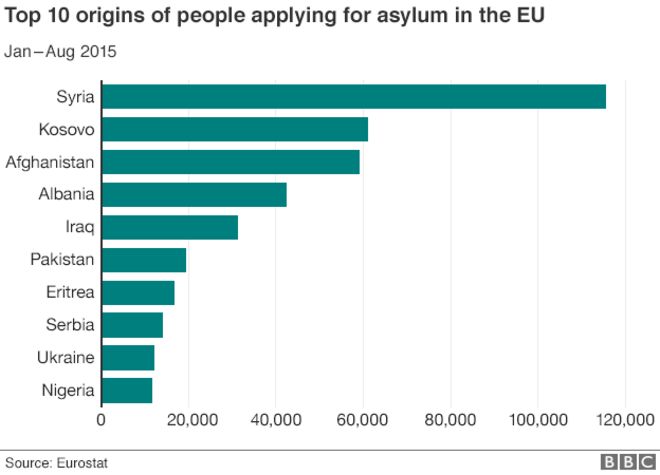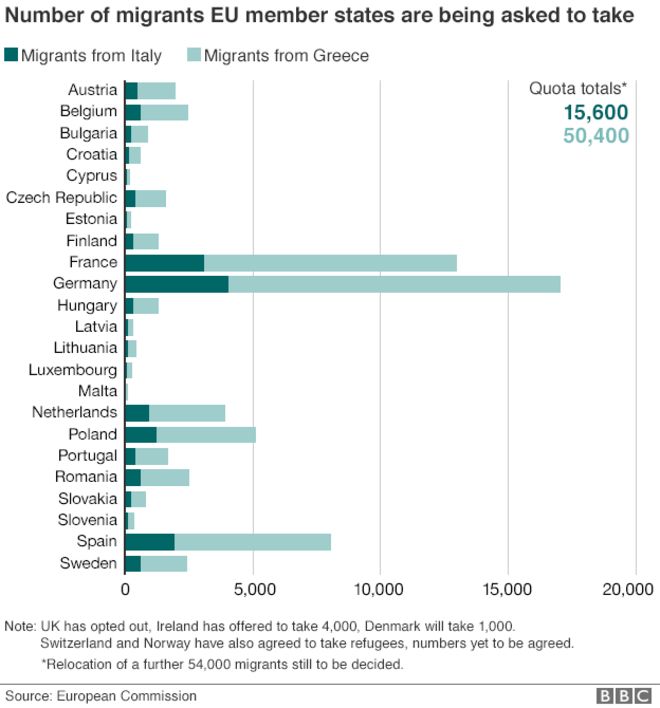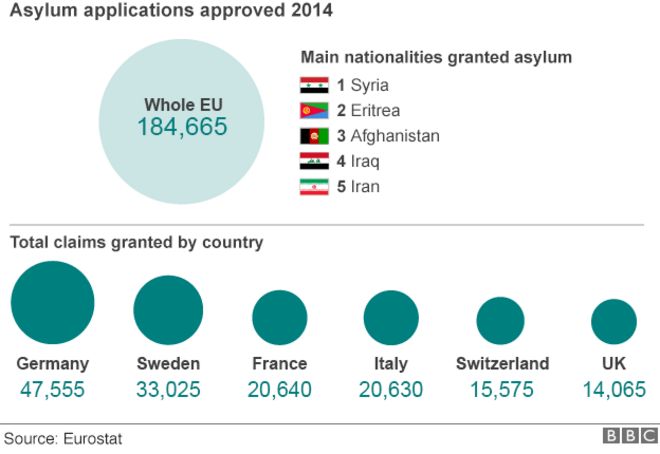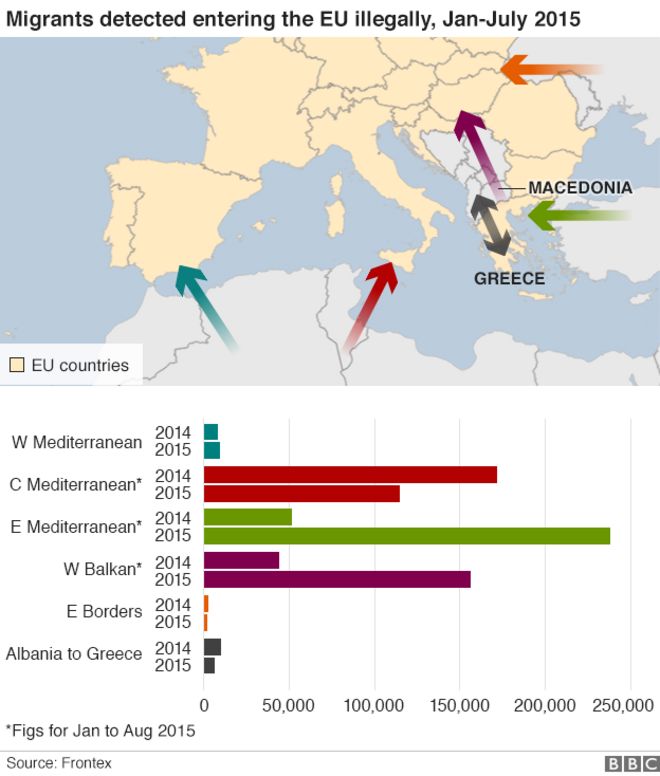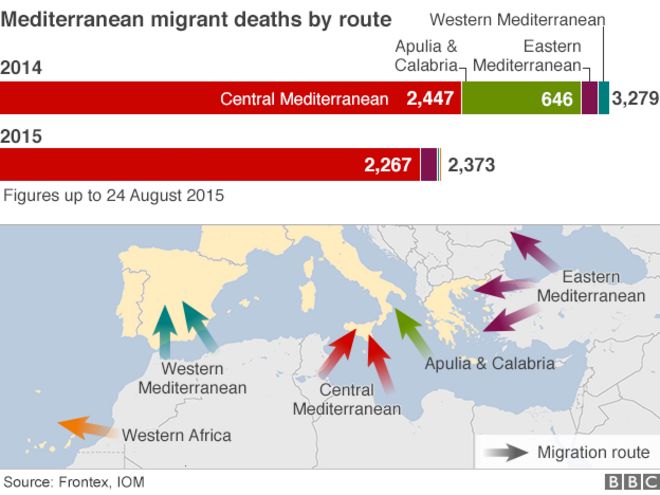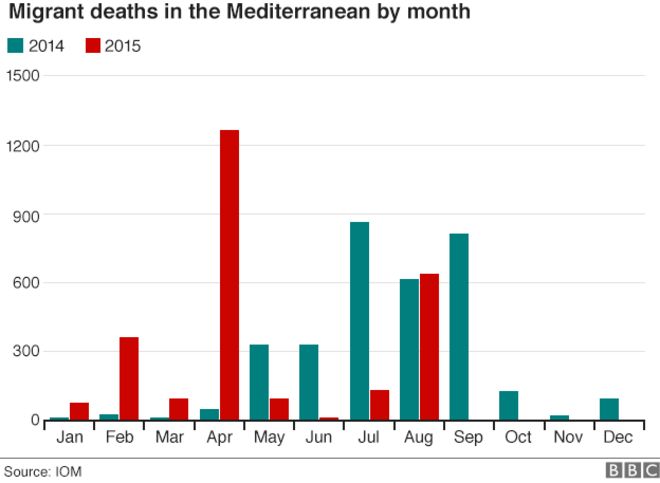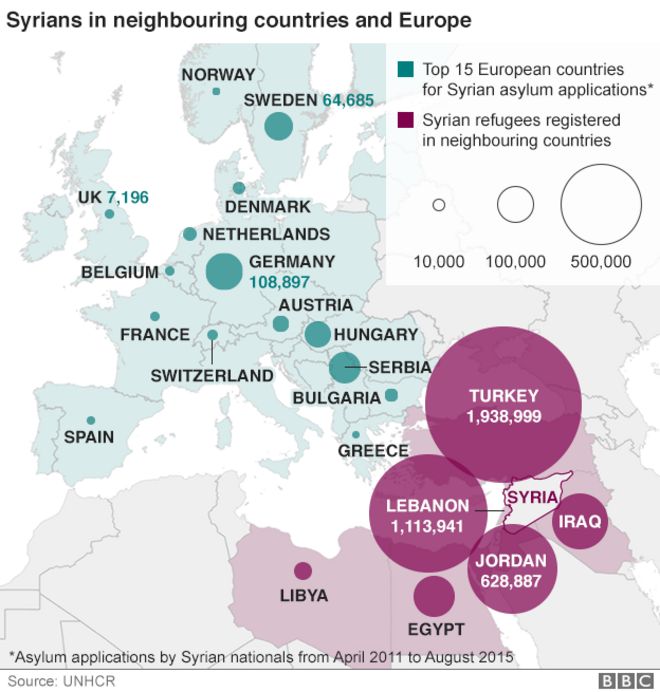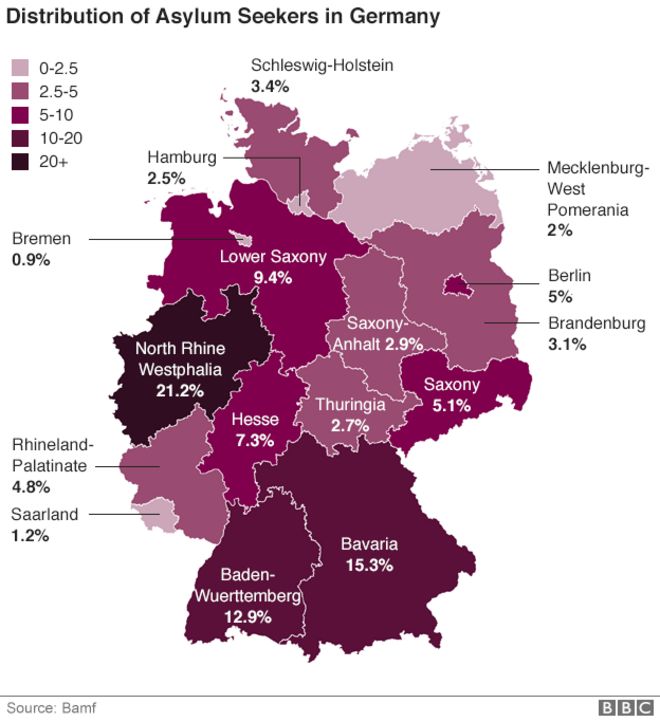Like it or not, Vladmir Putin spoke in detail yet when it came to the sovereignty of other nations, there is some real hypocrisy in his words and actions. Having written that, once you read his words below, you are invited to comment. Putin has not spoken at the United Nations in ten years.
Several other items need to be mentioned with regard to Russia. On Monday afternoon, Barack Obama finished a climate change seminar at the United Nations and to later meet with Vladimir Putin. It must be noted, that Obama has no intentions on meeting with al Sisi of Egypt when Egypt is sounding a clarion call of action in the Sinai versus Islamic State.
Barack Obama announced a $5 billion ‘counterterrorism fund’ in 2014.
It could be that the Obama ‘counterterrorism partnership fund was a complete bust and a fleecing of taxpayers. As you read through Putin’s speech, he is calling for a partnership as well.
Putin’s United Nations General Assembly speech, comments invited.
WashingtonPost:
Russian President Vladimir Putin addressed the U.N. General Assembly on Monday and said the West was making an “enormous mistake” by not cooperating with Syrian President Bashar al-Assad in the fight against the Islamic State militant group. Here is the full text of his remarks.
PUTIN (THROUGH INTERPRETER): Your excellency Mr. President, your excellency Mr. Secretary General, distinguished heads of state and government, ladies and gentlemen, the 70th anniversary of the United Nations is a good occasion to both take stock of history and talk about our common future.
In 1945, the countries that defeated Nazism joined their efforts to lay solid foundations for the postwar world order.
But I remind you that the key decisions on the principles guiding the cooperation among states, as well as on the establishment of the United Nations, were made in our country, in Yalta, at the meeting of the anti-Hitler coalition leaders.
The Yalta system was actually born in travail. It was won at the cost of tens of millions of lives and two world wars.
This swept through the planet in the 20th century.
Let us be fair. It helped humanity through turbulent, at times dramatic, events of the last seven decades. It saved the world from large-scale upheavals.
The United Nations is unique in its legitimacy, representation and universality. It is true that lately the U.N. has been widely criticized for supposedly not being efficient enough, and for the fact that the decision-making on fundamental issues stalls due to insurmountable differences, first of all, among the members of the Security Council.
However, I’d like to point out there have always been differences in the U.N. throughout all these 70 years of existence. The veto right has always been exercised by the United States, the United Kingdom, France, China, the Soviet Union and Russia later, alike. It is absolutely natural for so diverse and representative an organization.
When the U.N. was established, its founders did not in the least think that there would always be unanimity. The mission of the organization is to seek and reach compromises, and its strength comes from taking different views and opinions into consideration. Decisions debated within the U.N. are either taken as resolutions or not. As diplomats say, they either pass or do not pass.
Whatever actions any state might take bypassing this procedure are illegitimate. They run counter to the charter and defy international law. We all know that after the end of the Cold War — everyone is aware of that — a single center of domination emerged in the world, and then those who found themselves at the top of the pyramid were tempted to think that if they were strong and exceptional, they knew better and they did not have to reckon with the U.N., which, instead of [acting to] automatically authorize and legitimize the necessary decisions, often creates obstacles or, in other words, stands in the way.
It has now become commonplace to see that in its original form, it has become obsolete and completed its historical mission. Of course, the world is changing and the U.N. must be consistent with this natural transformation. Russia stands ready to work together with its partners on the basis of full consensus, but we consider the attempts to undermine the legitimacy of the United Nations as extremely dangerous. They could lead to a collapse of the entire architecture of international organizations, and then indeed there would be no other rules left but the rule of force.
We would get a world dominated by selfishness rather than collective work, a world increasingly characterized by dictate rather than equality. There would be less of a chain of democracy and freedom, and that would be a world where true independent states would be replaced by an ever-growing number of de facto protectorates and externally controlled territories.
What is the state sovereignty, after all, that has been mentioned by our colleagues here? It is basically about freedom and the right to choose freely one’s own future for every person, nation and state. By the way, dear colleagues, the same holds true of the question of the so-called legitimacy of state authority. One should not play with or manipulate words.
Every term in international law and international affairs should be clear, transparent and have uniformly understood criteria. We are all different, and we should respect that. No one has to conform to a single development model that someone has once and for all recognized as the only right one. We should all remember what our past has taught us.
We also remember certain episodes from the history of the Soviet Union. Social experiments for export, attempts to push for changes within other countries based on ideological preferences, often led to tragic consequences and to degradation rather than progress.
It seemed, however, that far from learning from others’ mistakes, everyone just keeps repeating them, and so the export of revolutions, this time of so-called democratic ones, continues. It would suffice to look at the situation in the Middle East and North Africa, as has been mentioned by previous speakers. Certainly political and social problems in this region have been piling up for a long time, and people there wish for changes naturally.
But how did it actually turn out? Rather than bringing about reforms, an aggressive foreign interference has resulted in a brazen destruction of national institutions and the lifestyle itself. Instead of the triumph of democracy and progress, we got violence, poverty and social disaster. Nobody cares a bit about human rights, including the right to life.
I cannot help asking those who have caused the situation, do you realize now what you’ve done? But I am afraid no one is going to answer that. Indeed, policies based on self-conceit and belief in one’s exceptionality and impunity have never been abandoned.
It is now obvious that the power vacuum created in some countries of the Middle East and North Africa through the emergence of anarchy areas, which immediately started to be filled with extremists and terrorists.

Tens of thousands of militants are fighting under the banners of the so-called Islamic State. Its ranks include former Iraqi servicemen who were thrown out into the street after the invasion of Iraq in 2003. Many recruits also come from Libya, a country whose statehood was destroyed as a result of a gross violation of the U.N. Security Council Resolution 1973. And now, the ranks of radicals are being joined by the members of the so-called moderate Syrian opposition supported by the Western countries.
First, they are armed and trained and then they defect to the so-called Islamic State. Besides, the Islamic State itself did not just come from nowhere. It was also initially forged as a tool against undesirable secular regimes.
Having established a foothold in Iraq and Syria, the Islamic State has begun actively expanding to other regions. It is seeking dominance in the Islamic world. And not only there, and its plans go further than that. The situation is more than dangerous.
In these circumstances, it is hypocritical and irresponsible to make loud declarations about the threat of international terrorism while turning a blind eye to the channels of financing and supporting terrorists, including the process of trafficking and illicit trade in oil and arms. It would be equally irresponsible to try to manipulate extremist groups and place them at one’s service in order to achieve one’s own political goals in the hope of later dealing with them or, in other words, liquidating them.
To those who do so, I would like to say — dear sirs, no doubt you are dealing with rough and cruel people, but they’re in no way primitive or silly. They are just as clever as you are, and you never know who is manipulating whom. And the recent data on arms transferred to this most moderate opposition is the best proof of it.
We believe that any attempts to play games with terrorists, let alone to arm them, are not just short-sighted, but fire hazardous (ph). This may result in the global terrorist threat increasing dramatically and engulfing new regions, especially given that Islamic State camps train militants from many countries, including the European countries.

Unfortunately, dear colleagues, I have to put it frankly: Russia is not an exception. We cannot allow these criminals who already tasted blood to return back home and continue their evil doings. No one wants this to happen, does he?
Russia has always been consistently fighting against terrorism in all its forms. Today, we provide military and technical assistance both to Iraq and Syria and many other countries of the region who are fighting terrorist groups.
We think it is an enormous mistake to refuse to cooperate with the Syrian government and its armed forces, who are valiantly fighting terrorism face to face. We should finally acknowledge that no one but President Assad’s armed forces and Kurds (ph) militias are truly fighting the Islamic State and other terrorist organizations in Syria.
We know about all the problems and contradictions in the region, but which were (ph) based on the reality.
Dear colleagues, I must note that such an honest and frank approach of Russia has been recently used as a pretext to accuse it of its growing ambitions, as if those who say it have no ambitions at all.
However, it’s not about Russia’s ambitions, dear colleagues, but about the recognition of the fact that we can no longer tolerate the current state of affairs in the world. What we actually propose is to be guided by common values and common interests, rather than ambitions.
On the basis of international law, we must join efforts to address the problems that all of us are facing and create a genuinely broad international coalition against terrorism.
Similar to the anti-Hitler coalition, it could unite a broad range of forces that are resolutely resisting those who, just like the Nazis, sow evil and hatred of humankind. And, naturally, the Muslim countries are to play a key role in the coalition, even more so because the Islamic State does not only pose a direct threat to them, but also desecrates one of the greatest world religions by its bloody crimes.
The ideologists (ph) of militants make a mockery of Islam and pervert its true humanistic (ph) values. I would like to address Muslim spiritual leaders, as well. Your authority and your guidance are of great importance right now.
It is essential to prevent people recruited by militants from making hasty decisions and those who have already been deceived, and who, due to various circumstances found themselves among terrorists, need help in finding a way back to normal life, laying down arms, and putting an end to fratricide.
Russia will shortly convene, as the (ph) current president of the Security Council, a ministerial meeting to carry out a comprehensive analysis of threats in the Middle East.
First of all, we propose discussing whether it is possible to agree on a resolution aimed at coordinating the actions of all the forces that confront the Islamic State and other terrorist organizations. Once again, this coordination should be based on the principles of the U.N. Charter.
We hope that the international community will be able to develop a comprehensive strategy of political stabilization, as well as social and economic recovery, of the Middle East.
Then, dear friends, there would be no need for new refugee camps. Today, the flow of people who were forced to leave their homeland has literally engulfed first neighboring countries and then Europe itself. There were hundreds of thousands of them now, and there might be millions before long. In fact, it is a new great and tragic migration of peoples, and it is a harsh lesson for all of us, including Europe.
I would like to stress refugees undoubtedly need our compassion and support. However, the — on the way to solve this problem at a fundamental level is to restore their statehood where it has been destroyed, to strengthen the government institutions where they still exist or are being reestablished, to provide comprehensive assistance of military, economic and material nature to countries in a difficult situation. And certainly, to those people who, despite all the ordeals, will not abandon their homes. Literally, any assistance to sovereign states can and must be offered rather than imposed exclusively and solely in accordance with the U.N. Charter.
In other words, everything in this field that has been done or will be done pursuant to the norms of international law must be supported by our organization. Everything that contravenes the U.N. Charter must be rejected. Above all, I believe it is of the utmost importance to help restore government’s institutions in Libya, support the new government of Iraq and provide comprehensive assistance to the legitimate government of Syria.
Dear colleagues, ensuring peace and regional and global stability remains the key objective of the international community with the U.N. at its helm. We believe this means creating a space of equal and indivisible security, which is not for the select few but for everyone. Yet, it is a challenge and complicated and time-consuming task, but there is simply no other alternative. However, the bloc thinking of the times of the Cold War and the desire to explore new geopolitical areas is still present among some of our colleagues.
First, they continue their policy of expanding NATO. What for? If the Warsaw Bloc stopped its existence, the Soviet Union have collapsed (ph) and, nevertheless, the NATO continues expanding as well as its military infrastructure. Then they offered the poor Soviet countries a false choice: either to be with the West or with the East. Sooner or later, this logic of confrontation was bound to spark off a grave geopolitical crisis. This is exactly what happened in Ukraine, where the discontent of population with the current authorities was used and the military coup was orchestrated from outside — that triggered a civil war as a result.
We’re confident that only through full and faithful implementation of the Minsk agreements of February 12th, 2015, can we put an end to the bloodshed and find a way out of the deadlock. Ukraine’s territorial integrity cannot be ensured by threat of force and force of arms. What is needed is a genuine consideration for the interests and rights of the people in the Donbas region and respect for their choice. There is a need to coordinate with them as provided for by the Minsk agreements, the key elements of the country’s political structure. These steps will guarantee that Ukraine will develop as a civilized society, as an essential link and building a common space of security and economic cooperation, both in Europe and in Eurasia.
Ladies and gentlemen, I have mentioned these common space of economic cooperation on purpose. Not long ago, it seemed that in the economic sphere, with its objective market loss, we would launch a leaf (ph) without dividing lines. We would build on transparent and jointly formulated rules, including the WTO principles, stipulating the freedom of trade, and investment and open competition.
Nevertheless, today, unilateral sanctions circumventing the U.N. Charter have become commonplace, in addition to pursuing political objectives. The sanctions serve as a means of eliminating competitors.
I would like to point out another sign of a growing economic selfishness. Some countries [have] chosen to create closed economic associations, with the establishment being negotiated behind the scenes, in secret from those countries’ own citizens, the general public, business community and from other countries.
Other states whose interests may be affected are not informed of anything, either. It seems that we are about to be faced with an accomplished fact that the rules of the game have been changed in favor of a narrow group of the privileged, with the WTO having no say. This could unbalance the trade system completely and disintegrate the global economic space.
These issues affect the interest of all states and influence the future of the world economy as a whole. That is why we propose discussing them within the U.N. WTO NGO (ph) ’20.
Contrary to the policy of exclusiveness, Russia proposes harmonizing original economic projects. I refer to the so-called integration of integrations based on universal and transparent rules of international trade. As an example, I would like to cite our plans to interconnect the Eurasian economic union, and China’s initiative of the Silk Road economic belt.
We still believe that harmonizing the integration processes within the Eurasian Economic Union and the European Union is highly promising.
Ladies and gentlemen, the issues that affect the future of all people include the challenge of global climate change. It is in our interest to make the U.N. Climate Change Conference to be held in December in Paris a success.
As part of our national contribution, we plan to reduce by 2030 the greenhouse emissions to 70, 75 percent of the 1990 level.
I suggest, however, we should take a wider view on this issue. Yes, we might defuse the problem for a while, by setting quotas on harmful emissions or by taking other measures that are nothing but tactical. But we will not solve it that way. We need a completely different approach.
We have to focus on introducing fundamental and new technologies inspired by nature, which would not damage the environment, but would be in harmony with it. Also, that would allow us to restore the balance upset by biosphere and technosphere (ph) upset by human activities.
It is indeed a challenge of planetary scope, but I’m confident that humankind has intellectual potential to address it. We need to join our efforts. I refer, first of all, to the states that have a solid research basis and have made significant advances in fundamental science.
We propose convening a special forum under the U.N. auspices for a comprehensive consideration of the issues related to the depletion of natural resources, destruction of habitat and climate change.
Russia would be ready to co-sponsor such a forum.
Ladies and gentlemen, colleagues, it was on the 10th of January, 1946, in London that the U.N. General Assembly gathered for its first session.
Mr. Suleta (ph) (inaudible), a Colombian diplomat and the chairman of the Preparatory Commission, opened the session by giving, I believe, a concise definition of the basic principles that the U.N. should follow in its activities, which are free will, defiance of scheming and trickery and spirit of cooperation.
Today, his words sound as a guidance for all of us. Russia believes in the huge potential of the United Nations, which should help us avoid a new global confrontation and engage in strategic cooperation. Together with other countries, we will consistently work towards strengthening the central coordinating role of the U.N. I’m confident that by working together, we will make the world stable and safe, as well as provide conditions for the development of all states and nations.
Thank you.
(APPLAUSE)
END

